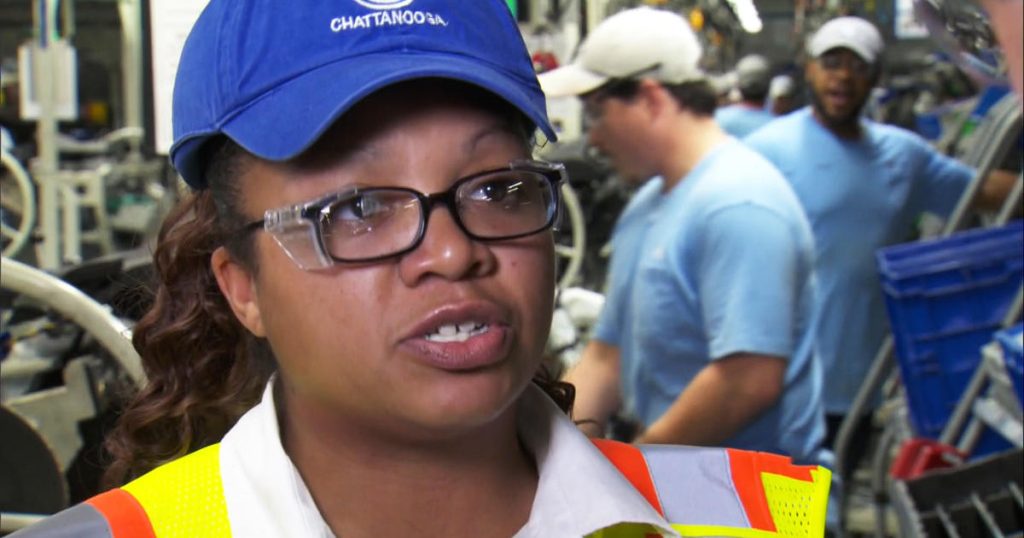Six Republican governors from southern states have come together to condemn efforts by the United Auto Workers (UAW) to organize car factories in their states. This opposition is seen as a response to the UAW’s attempt to build on its success from last year, where it won concessions from the Big Three automakers. The governors view the UAW’s attempts to unionize in historically union-averse southern states as a threat to their constituents’ jobs and values. The UAW is currently seeking to organize Volkswagen workers in Chattanooga, Tennessee, where union votes will take place from Wednesday through Friday.
While Volkswagen has stated that it respects its workers’ right to decide on unionization, the governors criticize the move, arguing that there is no need to involve a third party in workplace decisions. They also frame the union drive as a ploy to support President Joe Biden’s reelection campaign, as the UAW has endorsed Biden. The UAW, on the other hand, declined to comment on the matter. The UAW’s President Shawn Fain has expressed a commitment to organize nonunion companies across the industry, including foreign automakers with U.S. operations and electric vehicle makers like Tesla.
The UAW’s negotiations last fall with General Motors, Ford, and Chrysler-parent Stellantis resulted in record contracts for 150,000 workers, with subsequent pay increases announced at nonunion factories as well. Fain, who led a six-week strike at the companies, has pledged to expand the union’s reach in the industry. Despite Volkswagen giving workers an 11% pay raise at the Chattanooga plant in November, the UAW argues that their wages still lag behind those of the Detroit automakers. The UAW’s agreements with Detroit automakers include significant pay raises by 2028, with top assembly wages reaching $42 per hour. The UAW is also making progress in other southern states, citing support from a majority of workers at a Mercedes plant near Tuscaloosa, Alabama.
Overall, the UAW’s efforts to unionize car factories in traditionally anti-union southern states are met with strong opposition from Republican governors who see the unionization drive as a threat to local jobs and values. Despite criticisms, the UAW remains committed to expanding its reach in the industry, with President Fain emphasizing the importance of organizing nonunion companies across the sector. The union’s recent successes in negotiating record contracts and securing pay raises for workers have raised its profile and encouraged further expansion efforts. As the unionization votes proceed at Volkswagen’s Chattanooga plant, the outcome remains uncertain, with the UAW facing both challenges and opportunities in its quest to organize southern car factories.


